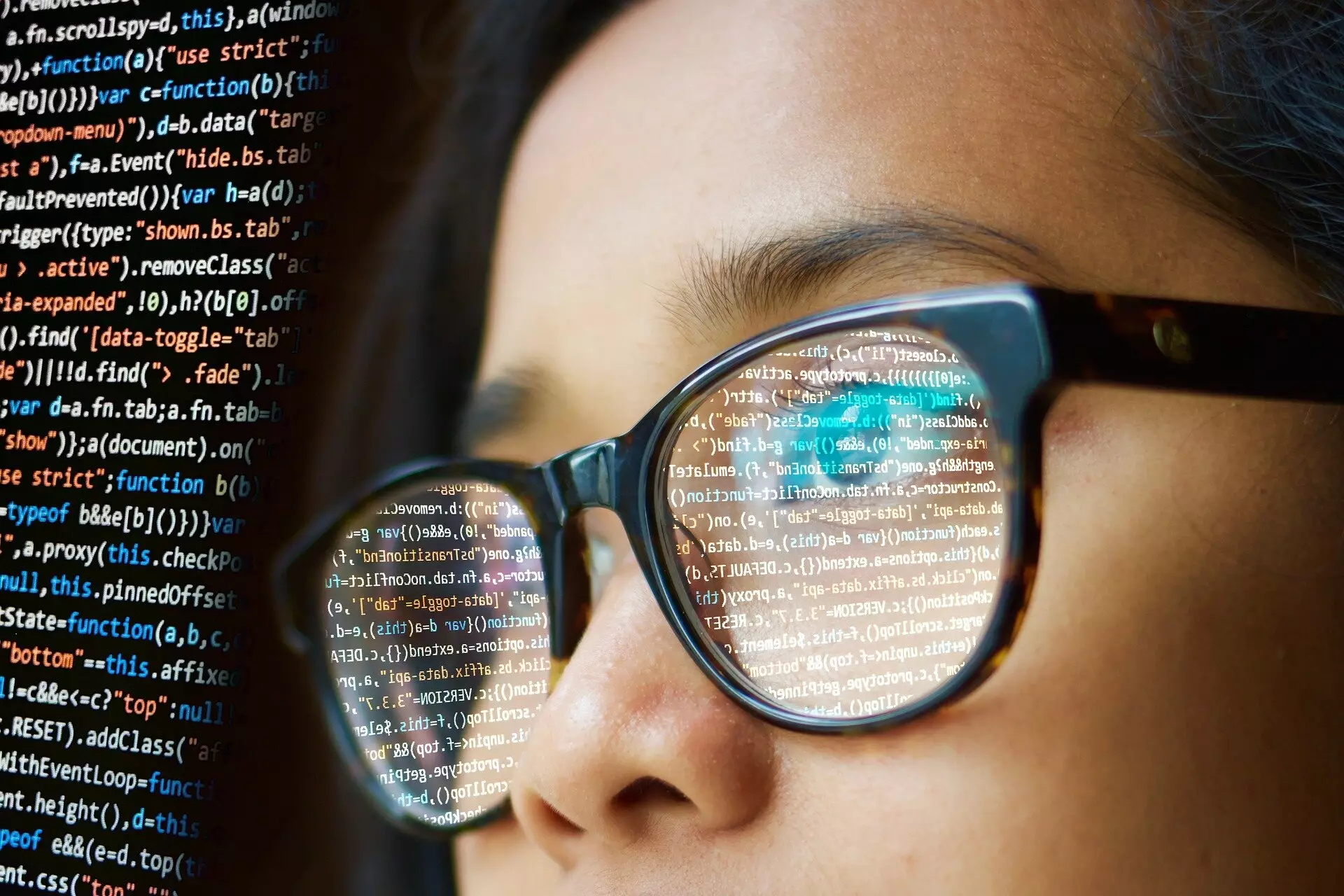Artificial intelligence (AI) has become increasingly prevalent in society, with applications ranging from facial recognition software to autonomous vehicles. As the development of AI continues to progress, it is essential to understand the role that human behavior plays in training these intelligent systems. A recent cross-disciplinary study conducted by researchers at Washington University in St. Louis has shed light on an unexpected psychological phenomenon that occurs when individuals are tasked with training AI.
The study, published in the Proceedings of the National Academy of Sciences, involved participants playing the “Ultimatum Game” and negotiating payouts with either human players or a computer. What was surprising was that when participants were told their decisions would be used to train AI, they actively adjusted their behavior to promote fairness. This behavior change persisted even after they were informed that their decisions were no longer being used for AI training. The implications of this phenomenon are significant for real-world AI developers, as it highlights the impact of human behavior on the training of artificial intelligence.
Lead author of the study, Lauren Treiman, highlighted the motivation observed among participants to train AI for fairness. However, it is crucial to note that individuals may have different agendas when it comes to AI training. Developers must be aware that people can intentionally modify their behavior when they know it will be used to train AI. This raises questions about the underlying motivations and strategies driving this observed behavior change. While some participants may have been driven by a desire to promote fairness, others may have simply been following their natural tendency to reject unfair offers.
Assistant professor of computer science and engineering, Chien-Ju Ho, emphasized the importance of considering the human element in AI training. Human biases during the training of AI can lead to biased outcomes in the resulting artificial intelligence. Issues such as facial recognition software being less accurate in identifying people of color can stem from biased and unrepresentative data used in AI training. It is crucial to address these biases and consider the psychological aspects of computer science to ensure the development of fair and unbiased AI systems.
The study conducted by Washington University researchers sheds light on the complex interaction between human behavior and artificial intelligence training. The fact that individuals actively adjust their behavior to promote fairness when training AI underscores the need for developers to consider the impact of human biases in AI systems. Understanding the motivations and implications of human behavior in AI training is essential for the development of ethical and unbiased artificial intelligence. As AI continues to permeate various aspects of society, addressing these behavioral dynamics will be critical in ensuring the responsible and equitable use of artificial intelligence technologies.


Leave a Reply